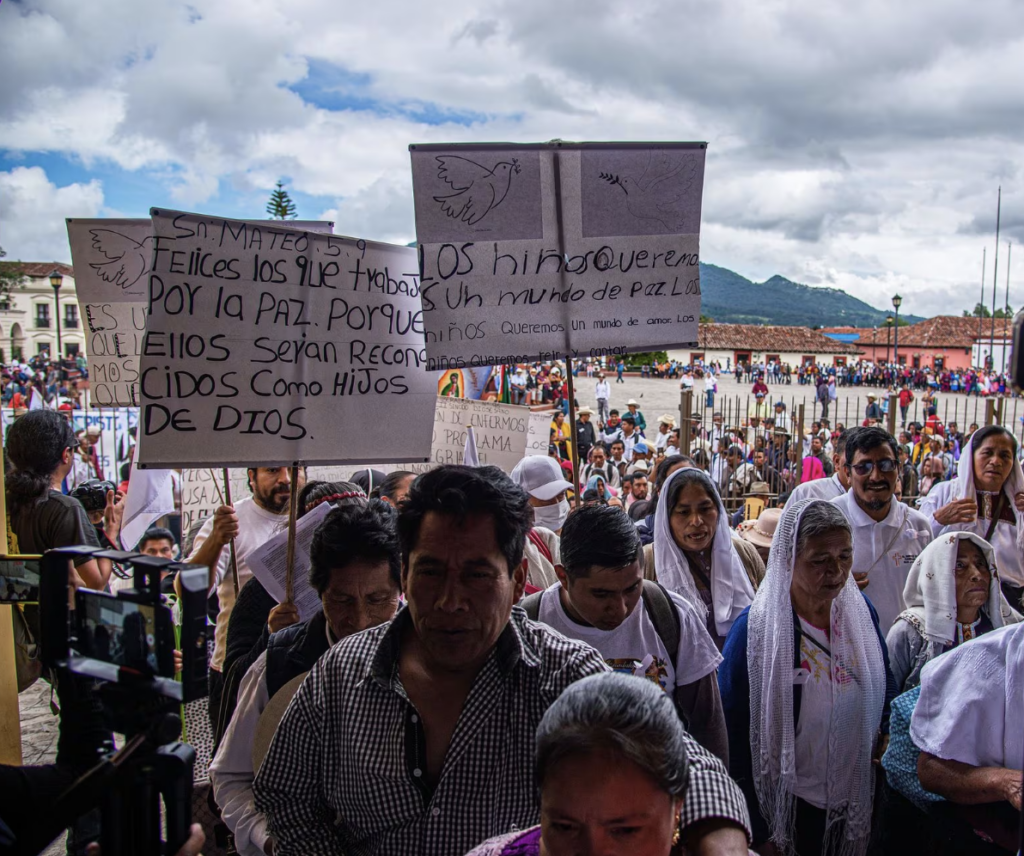
01/24/17 (written by kheinle) – One year after the arrest of Sinaloa Cartel kingpin Joaquín “El Chapo” Guzmán on January 8, 2016, the Mexican government extradited the notorious drug lord to the United States. Guzmán landed in Long Island, New York on Thursday, January 19, 2017 where he faces charges of organized crime, murder, and drug trafficking, as well as illegal use of firearms, money-laundering, and torture, among others.
Although seven U.S. jurisdictions have charges open against him, including Southern California and Chicago, Guzmán will be prosecuted in Brooklyn, NY in the state’s Eastern District Court on a 17-count indictment. According to the U.S. Department of Justice (DOJ), “the indictment alleges that between January 1989 and December 2014, Guzman Loera led a continuing criminal enterprise responsible for importing into the United States and distributing massive amounts of illegal narcotics and conspiring to murder persons who posed a threat to Guzman Loera’s narcotics enterprise.”
The Road to Extradition
The DOJ has sought Guzmán’s extradition for years, but the Mexican government did not agree to do so until the requests for the kingpin’s turnover until it approved the most recent application on May 11, 2016, putting the process officially in motion. The decision to approve the extradition was likely influenced by Guzmán’s repeated ability to evade the Mexican government, having escaped from prison in 2001 and again in 2015. Mexico’s inability to securely hold Guzmán was not only a source of public ridicule, but it also undermined rule of law in a country working to establish a stronger judicial system and solidify democratic practices. Still, the extradition came as a surprise on both sides of the border. According to The New York Times, the U.S. government, for example, was reportedly not aware of Guzmán’s extradition until hours before his arrival in NY. Guzmán’s lawyer, José Refugio Rodríguez, was also unaware of his client’s departure, having arrived to the Mexican prison where Guzmán was detained to meet with his client only to find his extradition already underway. “I was supposed to visit him today,” said Refugio. “I know nothing about this.”

Some speculate that the secretive nature surrounding the extradition may be part of a bigger political message being sent from Mexico to the United States. In fact, Guzmán landed in NY just hours before President Donald Trump’s inauguration, meaning he was technically extradited to the United States under President Barak Obama, who was seen in Mexico as a strong ally. A U.S. law enforcement official told The New York Times that the extradition’s last minute timing was possibly “politically motivated.” In early January, Justice in Mexico Director David Shirk told the Dallas Morning Times that “Mexico’s willingness to extradite Chapo Guzmán is going to diminish on January 21” once Trump was in the Oval Office. Jorge Chabat, a security expert at Mexico’s Center for Research and Teaching in Economics (Centro de Investigación y Docencia Económicas, CIDE), noted that Mexico may have been trying to underscore the benefits of cooperation. “By not waiting to send [Guzmán] to Trump after the inauguration,” he said, “it is a subtle statement saying, ‘We could this for you, too, in the future, if we have a good relationship.” Nevertheless, the Mexican Attorney General’s Office (Procuraduría General de la República, PGR) denied such claims. “It has nothing to do with [U.S. presidential turnover,” said PGR Director Alberto Elías Beltrán. He continued, “Everything was handled through terms following international law because we had to promptly make the delivery of the person requested by the United States. Had we not, we would have been out of compliance with international treaties.”
Regardless of the motivation, Guzmán’s extradition is a significant milestone in the war on drugs and the overall U.S.-Mexico bilateral relationship.
Sources:
Dresser, Denise. “El Chapo(teadero).” Reforma. January 11, 2016.
“The legal battle over El Chapo’s potential extradition.” Justice in Mexico. January 23, 2016.
“Joaquín ‘El Chapo’ Guzmán es extraditado a Estados Unidos.” Univisión. January 19, 2017.




